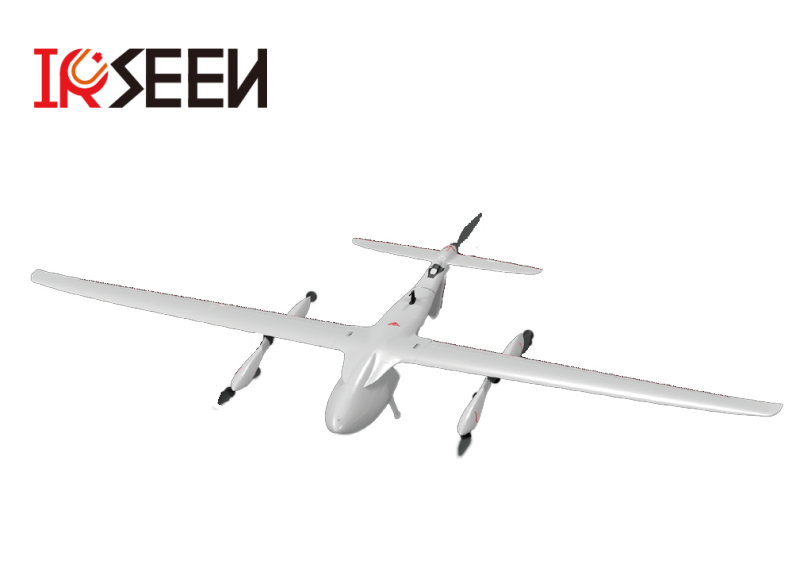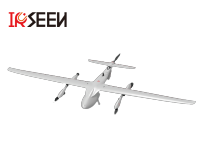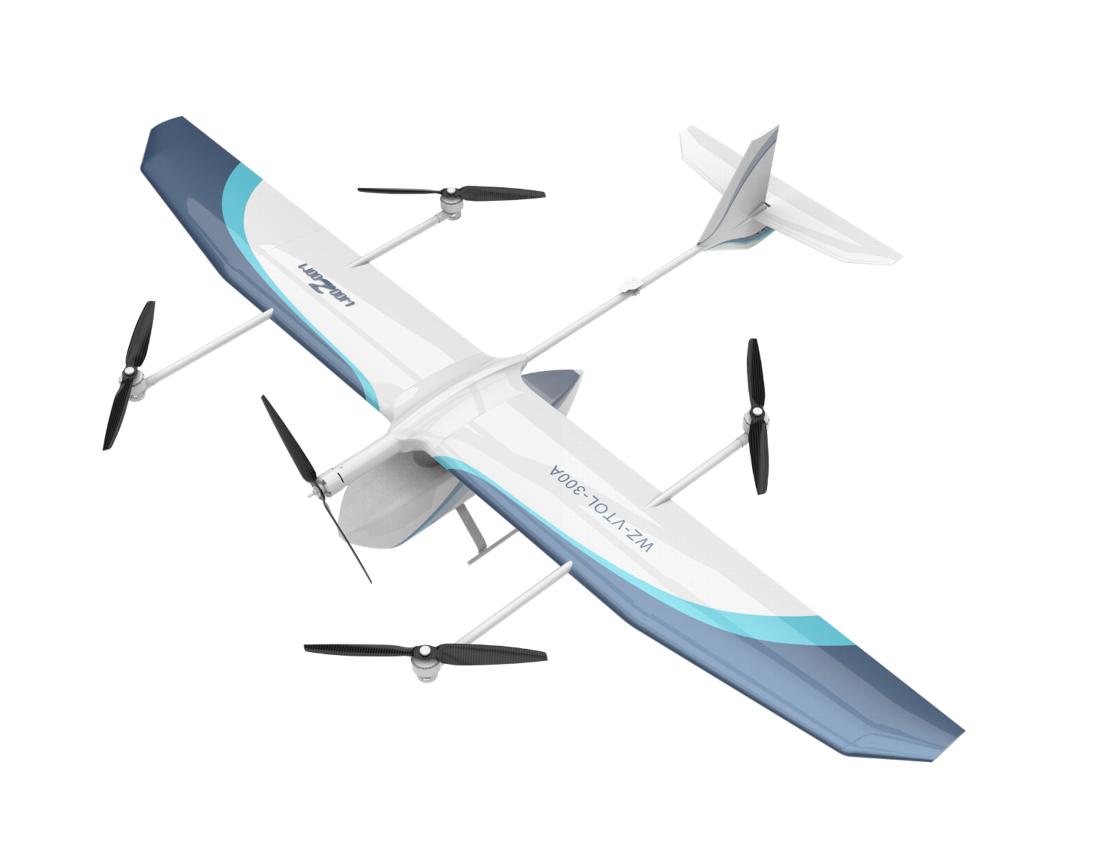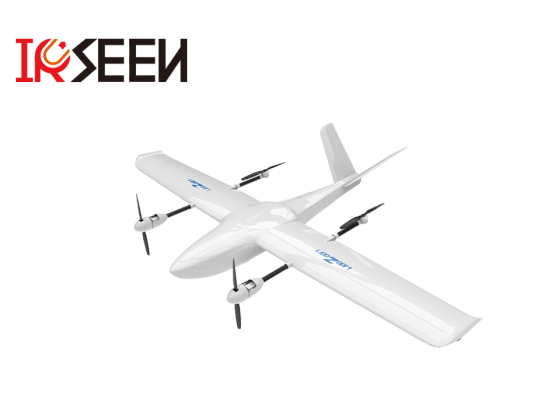
Pure electric vertical takeoff and landing UAV-p4
Our engineers have applied advanced aerodynamic designs and bold industrial designs, including the inverted tail fixed to the aircraft as landing gear, which balances the weight of the aircraft and ensures stable flight under maximum load; The P-Series' stratified fuselage minimizes air drag and dramatically increases cruising speed, boosting the lift-drag ratio to 21 (compared with 18 on a Boeing 747).
- Information
Pure electric vertical takeoff and landing UAV
Introduction
Leading aerodynamic technology with
Excellent lift-drag ratio
Our engineers have applied advanced aerodynamic designs and bold industrial designs, including the inverted tail fixed to the aircraft as landing gear, which balances the weight of the aircraft and ensures stable flight under maximum load; The P-Series' stratified fuselage minimizes air drag and dramatically increases cruising speed, boosting the lift-drag ratio to 21 (compared with 18 on a Boeing 747).
Light build, heavy strength
With better structure and aerodynamic design, P Series UAVs have excellent wind resistance performance, and can withstand up to 6 g loads after laboratory tests; The payload and endurance capacity of the 15kg class pure electric UAV is the highest.
A variety of loads, you can choose
The payload modules we provide have been redesigned to allow for rapid reassembly to meet different requirements. There are photoelectric pods, orthographic cameras, tilt cameras, multispectral cameras and lidar.
parameter
4Effective sailing time (1Kg mount)
300kmMaximum range
100kmMaximum data transmission distance(30/60 optional)
7500mPractical ceiling
6kgMaximum load
wingspan | ≤3 m |
captain | ≤ 1.9m |
height | ≤ 0.4 m |
Take-off and landing mode | Autonomous vertical takeoff and landing without remote control |
Take-off weight | 15 kg or less |
Flight time | ≥ 4.5 h(carrying 1kg load)/ ≥ 1.5 h(carrying Lidar) |
Cruising speed | 65km/h -150km/h |
Practical ceiling height | ≥ 7500m above sea level |
Wind resistance | Rotor landing stage 6, cruise stage 8 upwind, 6 cross wind |
Operating temperature | 20℃ below zero to 50℃ above zero |
Task response time | Unfold ≤3 min, withdraw ≤3 min |
Load module | Mapping type support aerial survey module/tilt module/Lidar remote sensing module/multi-light Spectrum module, security type support single light/double light/three light interchange |
Navigation control | Dual-frequency navigation system, supporting GPS/ Beidou/GLONASS |
Attitude sensor | No less than 3 channels of redundant sensor design |
Task mode | Fully automatic task mode is supported |
Safety mechanism | Support abnormal wind homecoming, GPS loss lowering hover, lost contact automatic homecoming、Function support automatic power calculation |
NETD is the noise equivalent temperature difference of the infrared camera, which is one of the main indicators of infrared detectors. NETD is an objective evaluation index for the sensitivity of a thermal imaging system and can be used to predict the detection distance of a small temperature difference point target. The NETD value of the ZXIR infrared camera is less than 50mk. The smaller the NET...more












